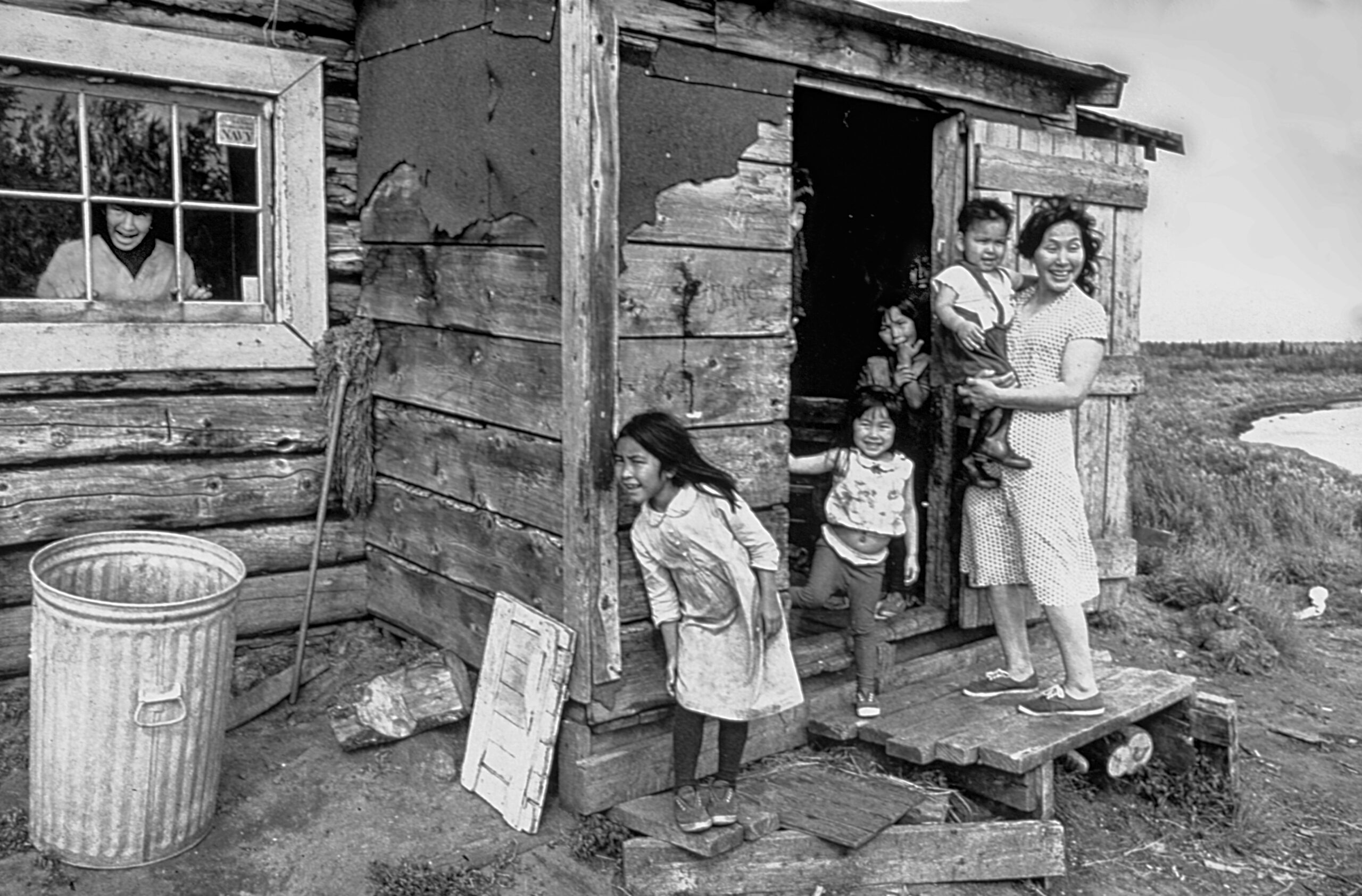 Don Rutledge |
| photo by: Ken Touchton |
Listen to Don’t talk here:
There are three types of photographers
Snap Shooter
Gimmick Shooter
The fullness of Photography Shooter
The Snap Shooter enjoys taking pictures. The Gimmick Shooter uses tricks to keep your interest. Finally, the Fullness of Photography shooter uses his eyes, brain, and heart to shoot.
Don got those three elements from Ernest Haas.
The Fullness of Photography Shooter I will call the concerned photographer. They identify where people are in this world.
Now all of us can drift away from being concerned. Photographers use excuses. Many photographers use reasons like lack of time to dominate situations.
The concerned photographer listens and looks. They put it all together and stand flat-footed in this world. We are tuned into the moments in the zone and can anticipate those peak moments.
1) We need to learn to turn handicaps into advantages.
SIDE NOTE
I used to travel with Don doing stories for the Black Star photo agency. These would be features that he could take at his own pace. Later I understood how this was Don’s way of training himself to have muscle memory when he had to rush.
Don pointed out that all photos are taken at a fraction of a second, so it isn’t a lack of time–it is a lack of discipline we lack in these times of having to work quickly.
2) We complain about photo editors who don’t understand. To update this a bit, it is anyone you are shooting for today.
Our problem is often our ego. We think we are a great photographer. So we often say or want to speak to our clients if you only gave me a chance. “This is where a picture is worth a thousand words,” says Don, with the audience laughter following.
Don’s advice is to shoot the photo the way you want to and show it to them when they crop it poorly. Then, talk to them about what you were trying to say.
IMPORTANT!!!!!! Don said you would probably not be heard the first or second time. But you are educating people over time.
I watched and wrote about how long it took Don to turn around organizations in my thesis. Here are links to it.
Storyteller: Master’s Thesis on Don Rutledge: Chapter OneJan 16, 2013
For this reason, this writer is doing his thesis on Don Rutledge for publication. Don has worked for the Black Star photo agency in New York for over thirty years. During this time, he has also worked for the Home Mission and
https://t86.1e3.myftpupload.com/Storyteller: Master’s Thesis on Don Rutledge: Chapter TwoJan 12, 2013
Don was born in Smithfield, Tennessee. The family moved to Murfreesboro, Tennessee, south of Nashville, shortly after being born. “Good ole’ home folk,” is what you would say about the Rutledges. They lived on a farm
https://t86.1e3.myftpupload.com/
Storyteller: Master’s Thesis on Don Rutledge: Chapter ThreeJan 13, 2013
Master’s Thesis on Don Rutledge: Chapter Three. HOME MISSION BOARD, 1966 TO 1980. When Walker Knight went to the Home Mission Board of the Southern Baptist Convention in 1959, he was handed a photo story
https://t86.1e3.myftpupload.com/
Storyteller: Master’s Thesis on Don Rutledge: Chapter FourJan 15, 2013
When Dr. Keith Parks went to the Foreign Mission Board in 1975, his responsibility was to head up the mission support division. Establishing one of the finest communications departments possible was one of the goals that
https://t86.1e3.myftpupload.com/Storyteller: Master’s Thesis on Don Rutledge: ConclusionJan 16, 2013
To a non-Christian, Don would have been considered crazy for taking the positions with Southern Baptist. Going to the Home Mission Board was a step down in pay and prestige for Don Rutledge. Why would
https://t86.1e3.myftpupload.com/
Bottom line Don is telling us we need to prepare for some “Show and Tell.”
Next, Don warns us to have our Egos and Abilities in check with each other. We need to know our abilities and not have our egos way out and in front.
Now Don also mentions that being a part of an institution like LOOK Magazine helps a photographer. It will open doors for you and give you a budget to work with. However, there is a downside to an institution for a creative. You will find that they want to stop you and make you fit their system.
Just know that being a creative photographer and wanting to change the world sometimes will take time, time for you to educate those around you about the work you are producing. You must be able to articulate your vision to help them see it.

